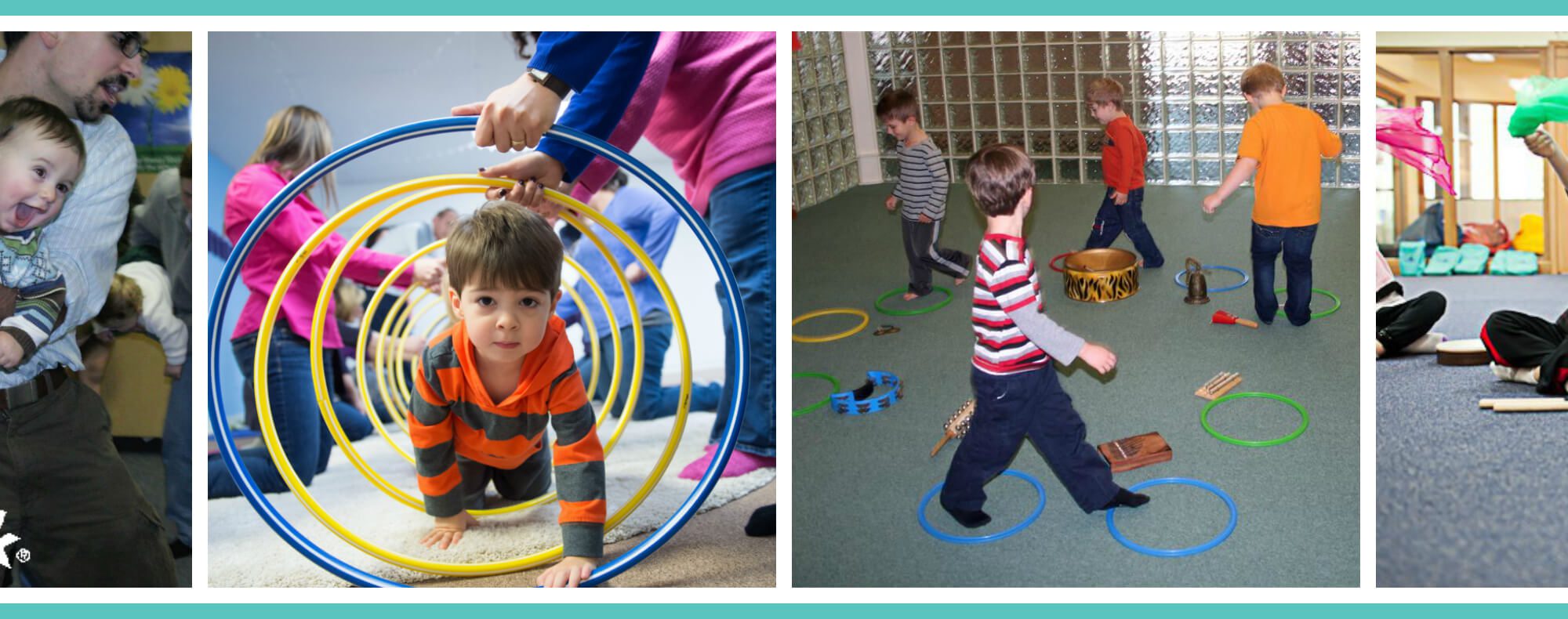When does the most powerful and sustaining learning happen? Look in the window of any Kindermusik classroom, and you’ll see the answer right away. The best and most effective learning happens when both body and mind are engaged. Simply put, movement wakes up the brain, enhances understanding, and increases retention.

Interestingly enough, researchers and professors are beginning to take the concept of “embodied cognition” and applying is the field of technology and learning that is explored and done on computers. Two different independent studies demonstrated that college students ability to learn, understand, and apply increased significantly when they physically manipulated animation or who used a joystick to move gears.
It is helpful to point out that moving to learn (and learning to move!) become even more critical when the challenge of understanding is greater; for example, the younger the student, the more important it is to add an element of physicality to the learning process.
But why does involving the body in the learning process improve the learning and enrich the understanding? Here is a brief summary of some of the key points in Annie Murphy Paul’s fascinating article, “Let’s Move! How Body Movements Drive Learning Through Technology”:
- Hands-on, physical participation in the learning process makes the abstract more concrete.
- When movement is connected to a concept, it provides the brain with pegs, or cues, for recalling that learning.
- Acting on information more deeply ingrains the learning in the mind.
- Moving as part of the learning process improves the cognitive process by making it less mentally taxing and frees the mind to understand at a deeper level.
It is becoming more and more evident that there is a compelling connection between movement and the mind. This is precisely why joyous, early learning music and movement experiences like those experienced in a Kindermusik classroom are so potent and have such a lifelong benefit for children.
Shared by Theresa Case whose award-winning Kindermusik program is located at Piano Central Studios in the beautiful upstate of South Carolina.

